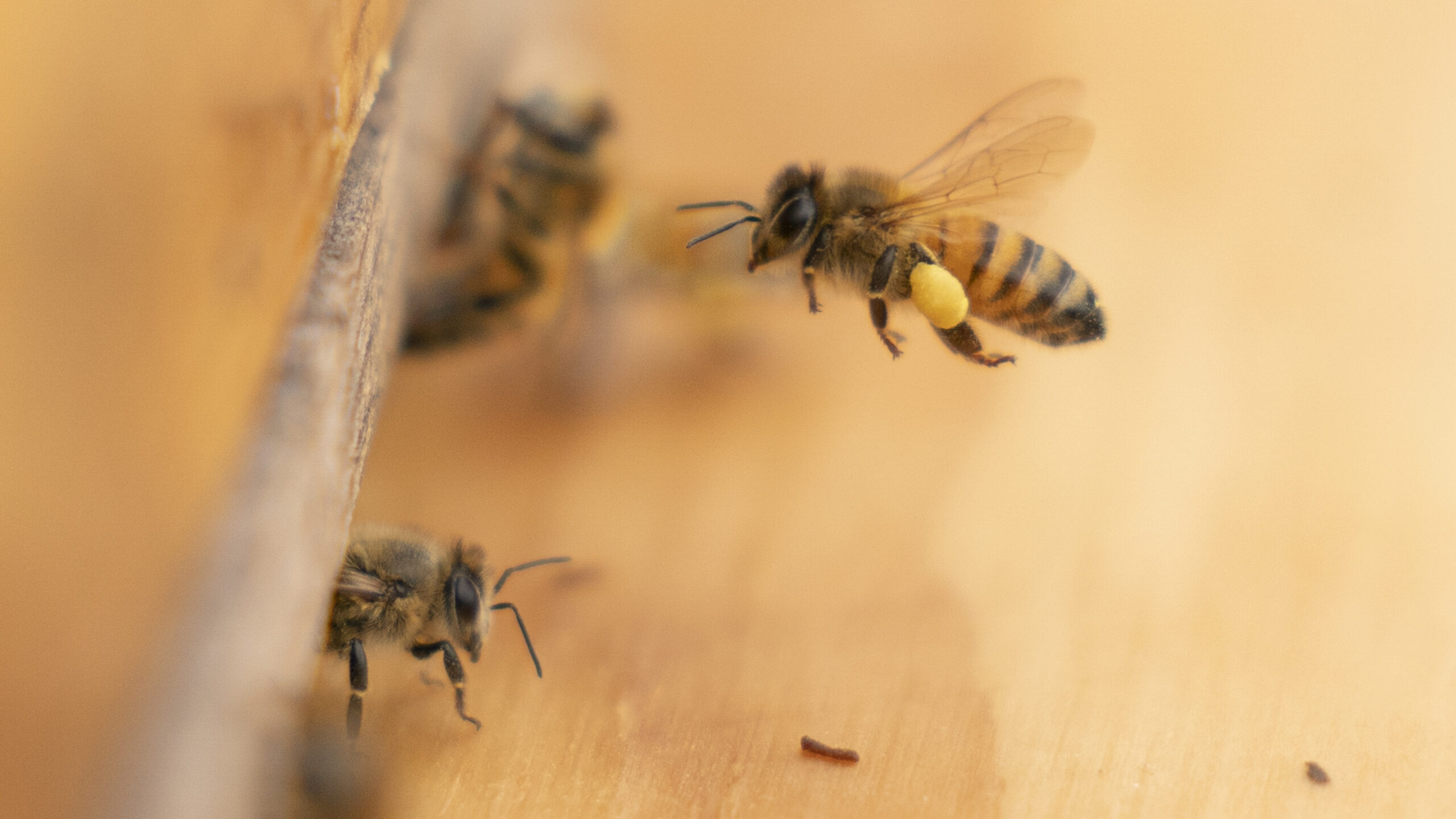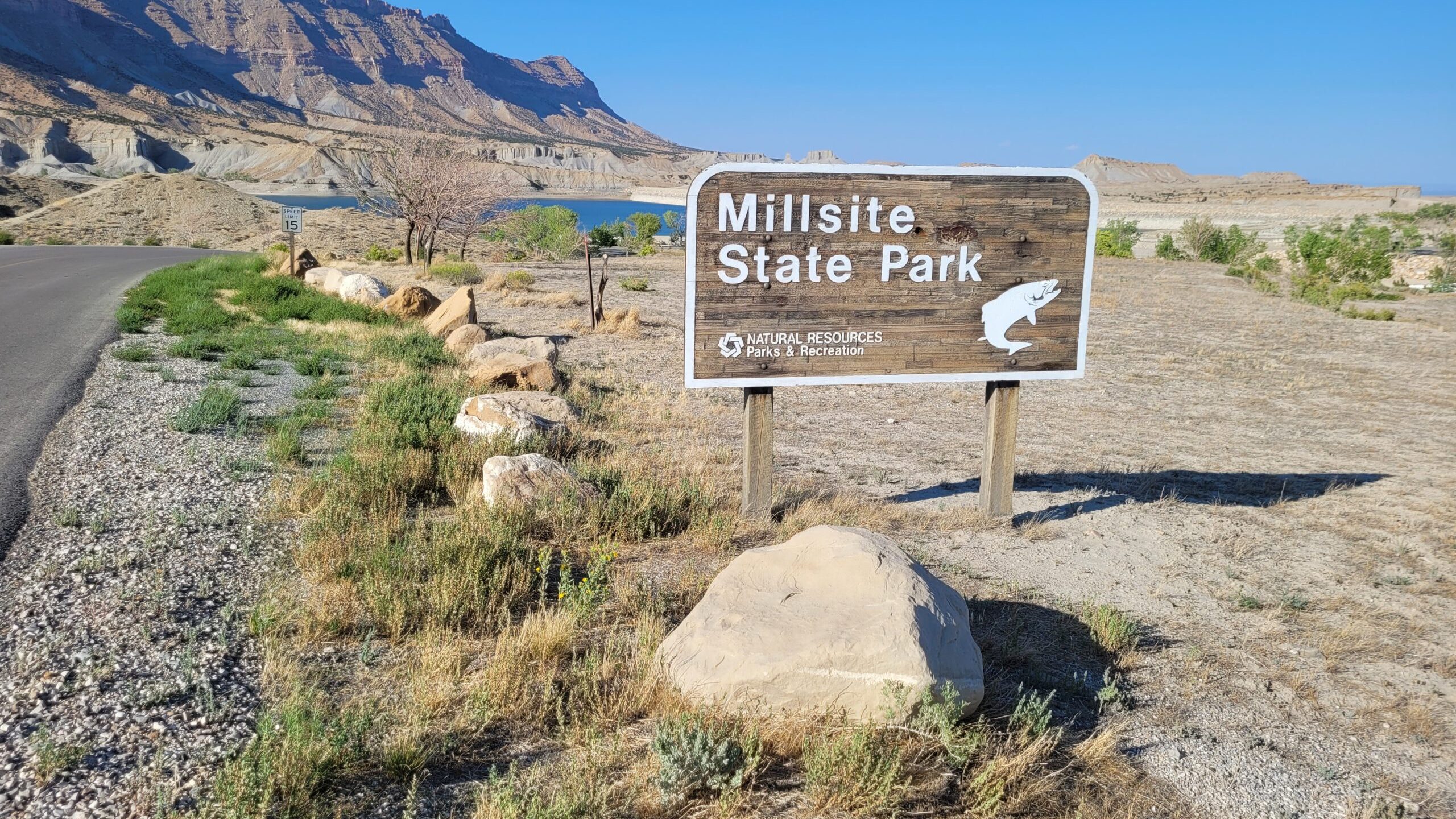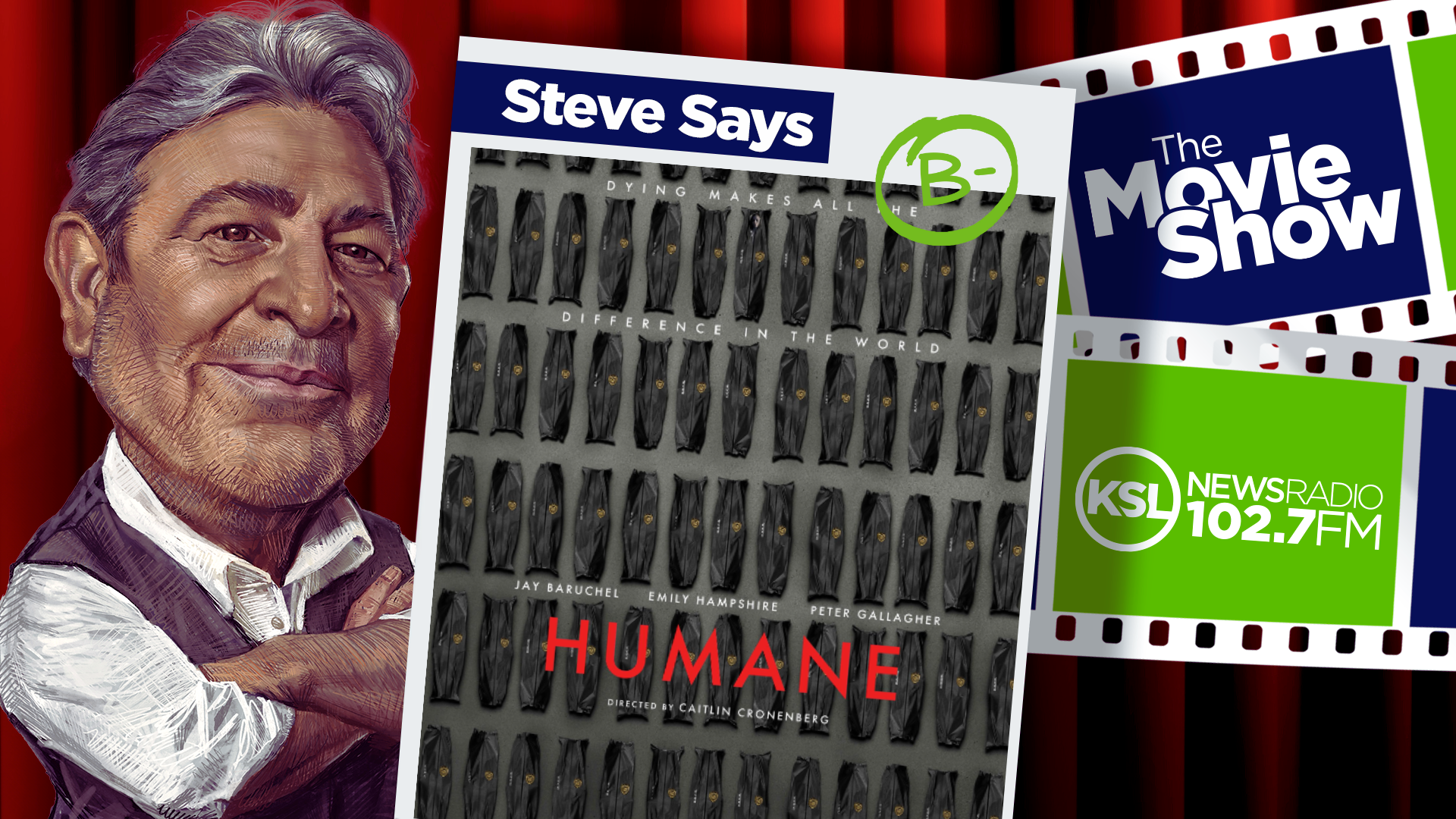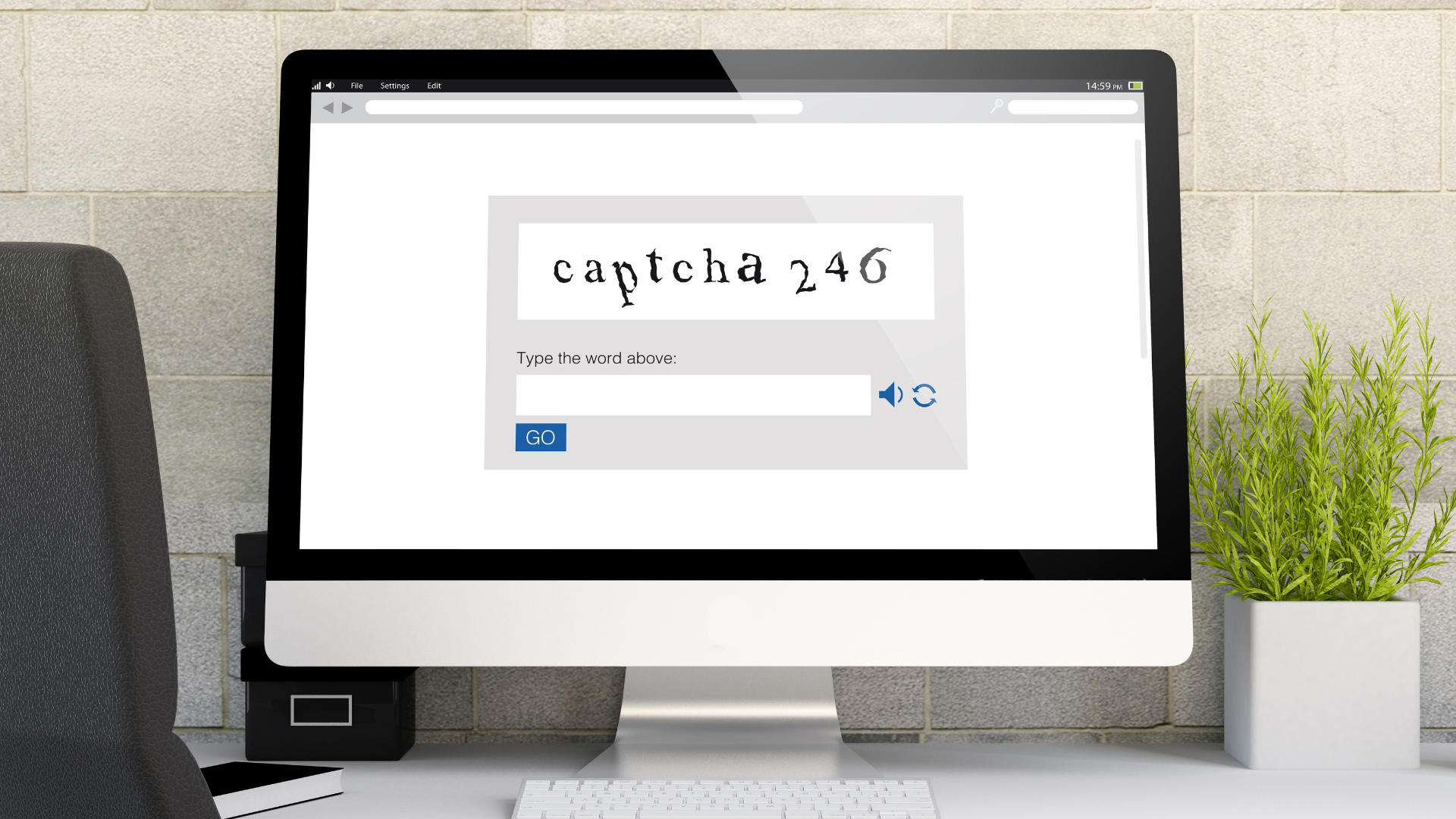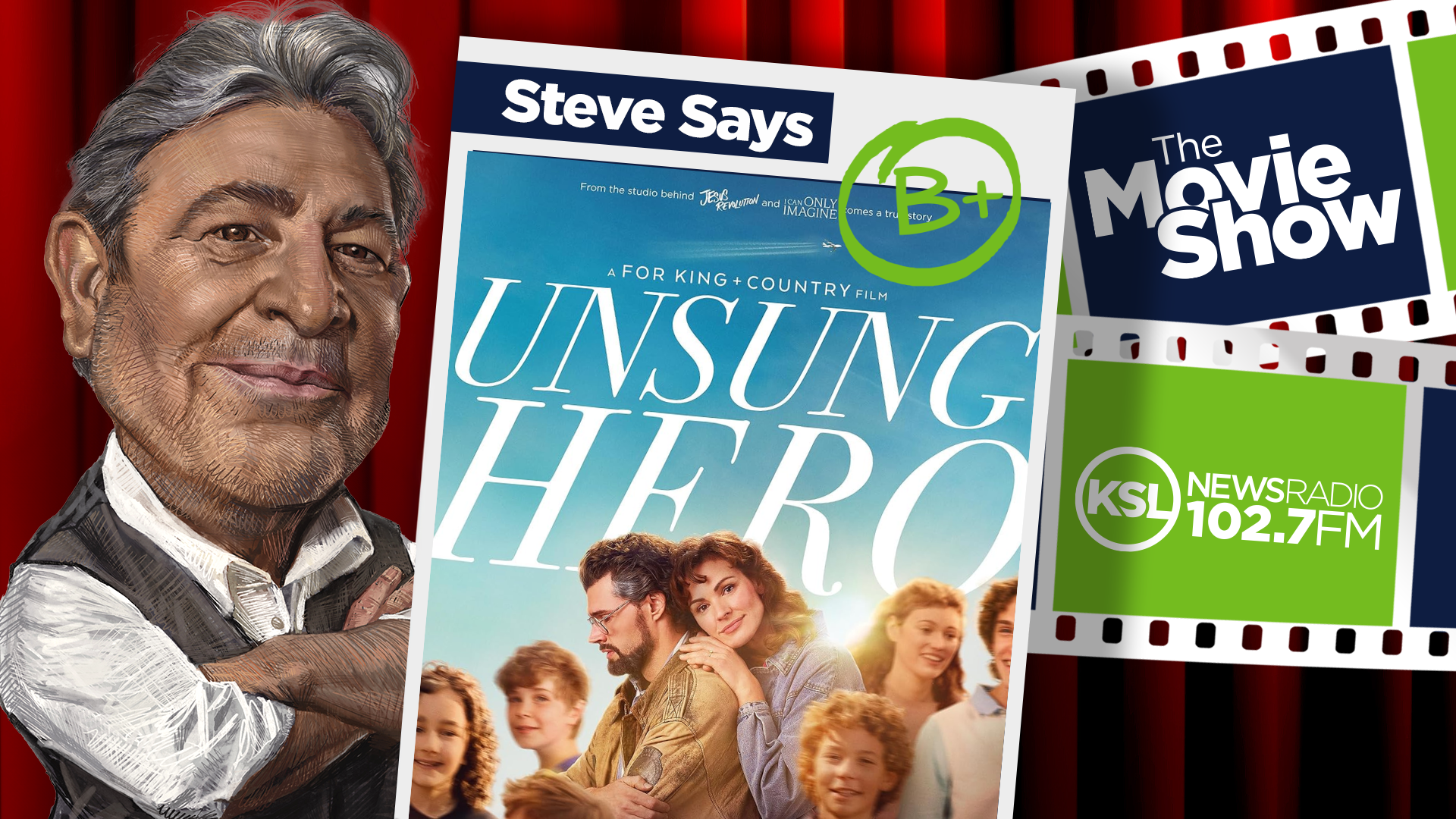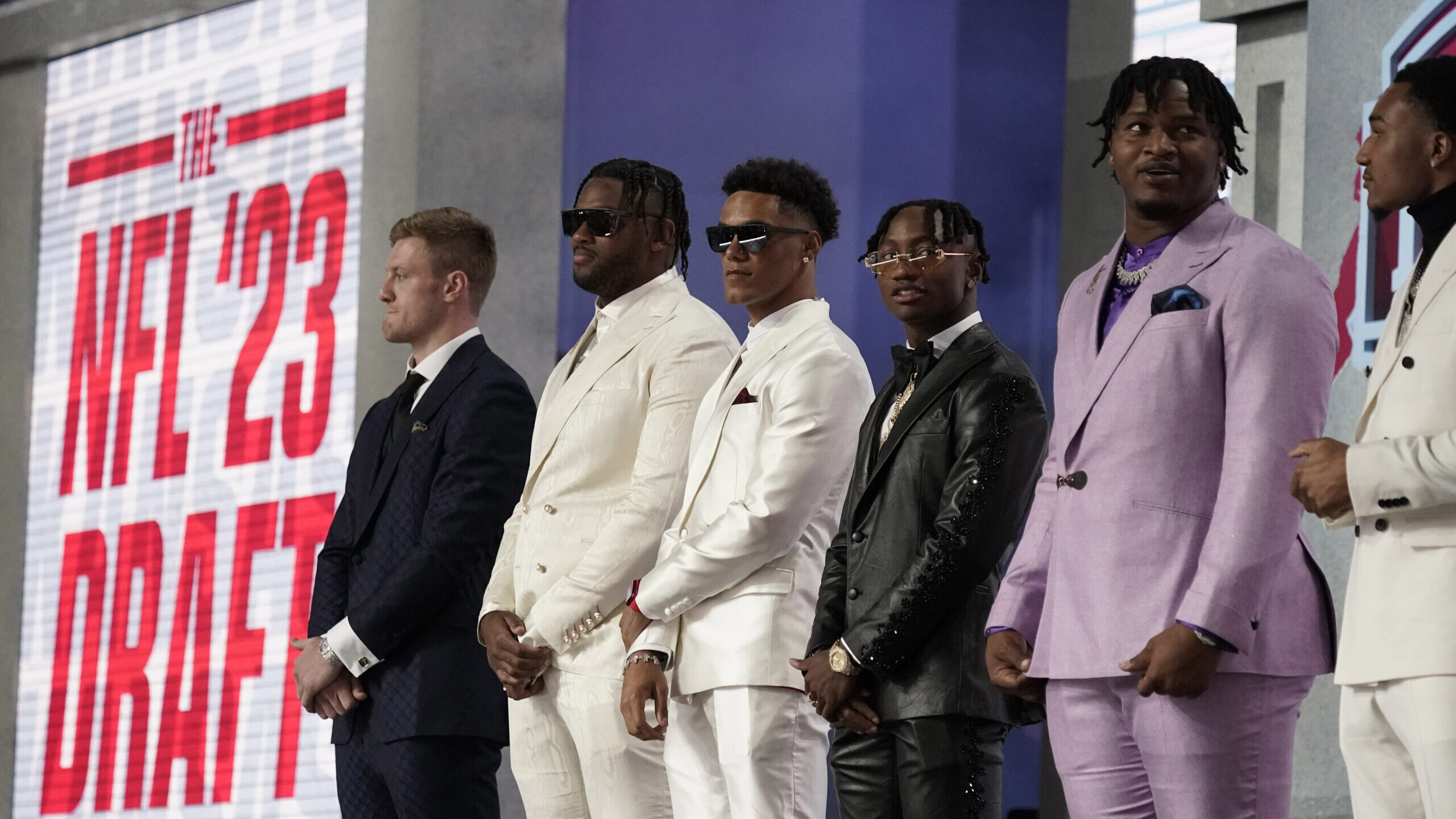Dickson: What teachers say about culture wars in the classroom
Apr 8, 2024, 2:00 PM
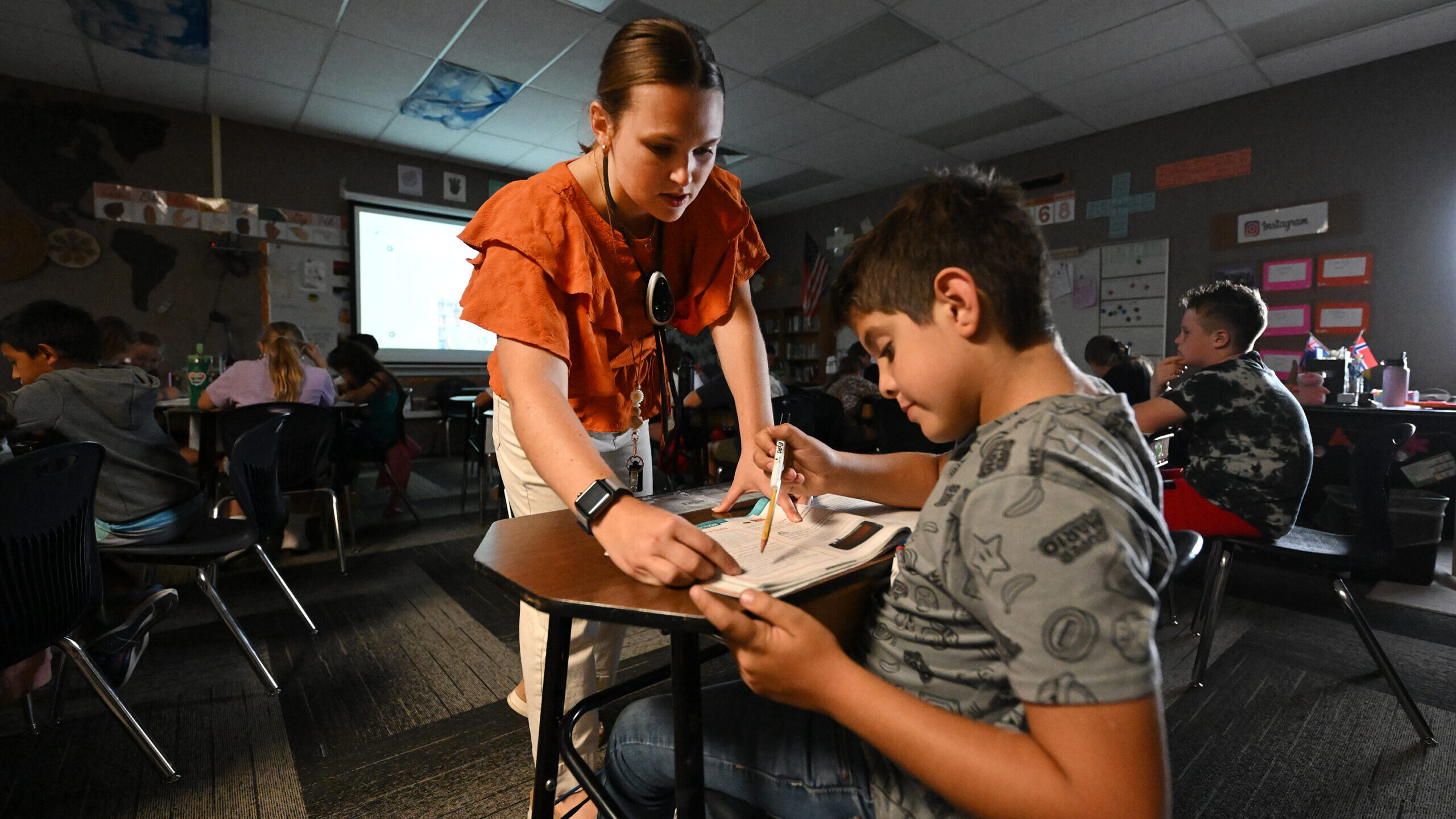
FILE: First-year teacher Margaret “Maggie” Johnston helps Eli Martinez as she works with her class at Crescent Elementary in Sandy on Tuesday, Sept. 19, 2023. Three teachers talk about how ongoing "culture wars" are affecting their jobs, and Utah students. (Scott G Winterton, Deseret News)
(Scott G Winterton, Deseret News)
This is an editorial piece. An editorial, like a news article, is based on fact but also shares opinions. The opinions expressed here are solely those of the author and are not associated with our newsroom.
SALT LAKE CITY — We hear a lot in the news about “culture wars”. Most often lately, that term refers to disagreements on issues like gender identity, sexuality, racism, morality and family. It has been suggested by some commentators (see this article in the Deseret News) that our public schools are ground zero for culture wars.
What does that mean to teachers. What do culture wars do for the classroom?
I sat down with three Utah educators to ask them.
“It’s like a weed taking over the garden.”
Kim Gardner has been an elementary and middle school math teacher in Utah for 33 years.
“This has kind of blossomed over the last few years, and not into a pretty flower,” Gardner said. “It’s more of a weed.”
While Gardner explained that she doesn’t have as much direct experience with the challenges of culture wars in the classroom because she is a math teacher, she sees her colleagues who teach history and English going through it.
“Our English teachers will have books that they have found very beneficial, and then a small part of society thinks those are politically or morally divisive,” Gardner said. “That’s tricky to work through. It’s making life a lot more difficult for our teachers.”
She compares these issues to weeds in a garden.
“I think of it like a weed taking over the garden, kind of like morning glory does,” she said. “It’s wrapping around everything that we’re trying to do in education.”
Gardner has faith in the students to see beyond the culture wars. “Kids can discern what is of value to them. They can go back and talk with their families and say, ‘Hey, this is what I heard in class. What do we think?’ It’s about understanding that it’s ok to be different.”
“Fear-based concerns”
Dr. DeLaina Tonks is the Executive Director of Mountain Heights Academy and a former teacher at Pleasant Grove Junior High School.
“There has been a long arc of fear-based concerns of parents ever since I’ve been in education starting in 1991,” Tonks said. “When I first started as an administrator, it was evolution.”
Tonks explained how the topic of the culture wars has changed, but it’s the same fear based concerns.
“It’s books, gender, bathrooms, all sorts of things.”
Her focus as an educator is on “meeting the needs of the one. Student by student. Name by name. One by one.”
“My heart goes out to educators because it is hard to meet the individual needs of the one when people are coming from such disparate backgrounds,” said Tonks.
Culture wars in the classroom: “This is an adult problem.”
Jill Atwood is an adjunct professor in the Communication Department at the University of Utah.
“Really who’s suffering are the kids,” Atwood said. “This is an adult problem. It’s not the kids’ problem.”
She shared that when she talks to her boys in high school, they don’t have any cultural bias. “They don’t care about transgender issues. (The kids) can look up sex on their cell phones. They all love each other. They are so different from the past generations who are generating this issue.”
Atwood feels for the teachers who are “stuck in the middle trying to fight this battle, but mostly I feel for the kids who probably look at us and think we’re being ridiculous.”
Amanda Dickson is the co-host of Utah’s Morning News and A Woman’s View on KSL NewsRadio. Follow her on Facebook and Instagram.
Related reading:
- Committee advances bill preventing Utah public teachers, staff from expressing political opinions
- How clashing interpretations of Martin Luther King’s legacy fuels the fight over DEI and affirmative action
- Largest survey of transgender people in the US reveals key insights at a time when trans rights are under attack


